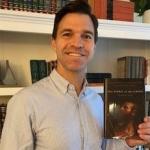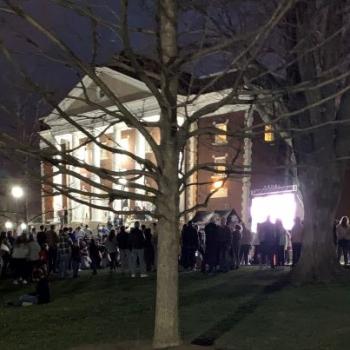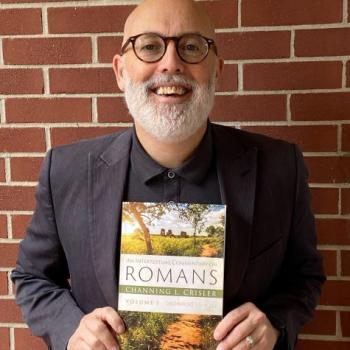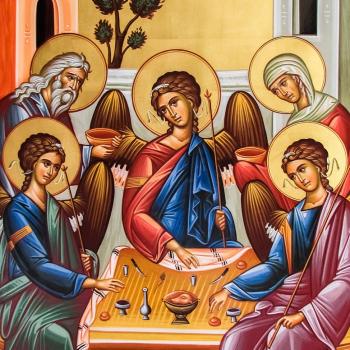Here are the top 14 blog posts you need to read from the Patheos column, “In Christ.” These are essential reading, especially if you are new to this blog. I selected them not only because of their importance, but also because they are fan favorites based on the amount of views they receive. Some of them, as you will notice, have historical value since I (B. J. Oropeza) wrote them during the Covid years (2020–2021). To view them just click... Read more





















The Best of Patheos “In Christ” Posts (2022)
Hollywood and film enthusiasts alike anticipate the Academy Awards every year at this time. So I decided to create my own secret awards — the best of the Patheos “In Christ” blog posts for 2022. There are a total of 13 categories this year. Without further delay, here they are: Paul, Then and Now: Best “Short Documentary” In film documentaries, directors often interview various experts in their given fields. I decided to use my own interviews for this category. In 2022,... Read more